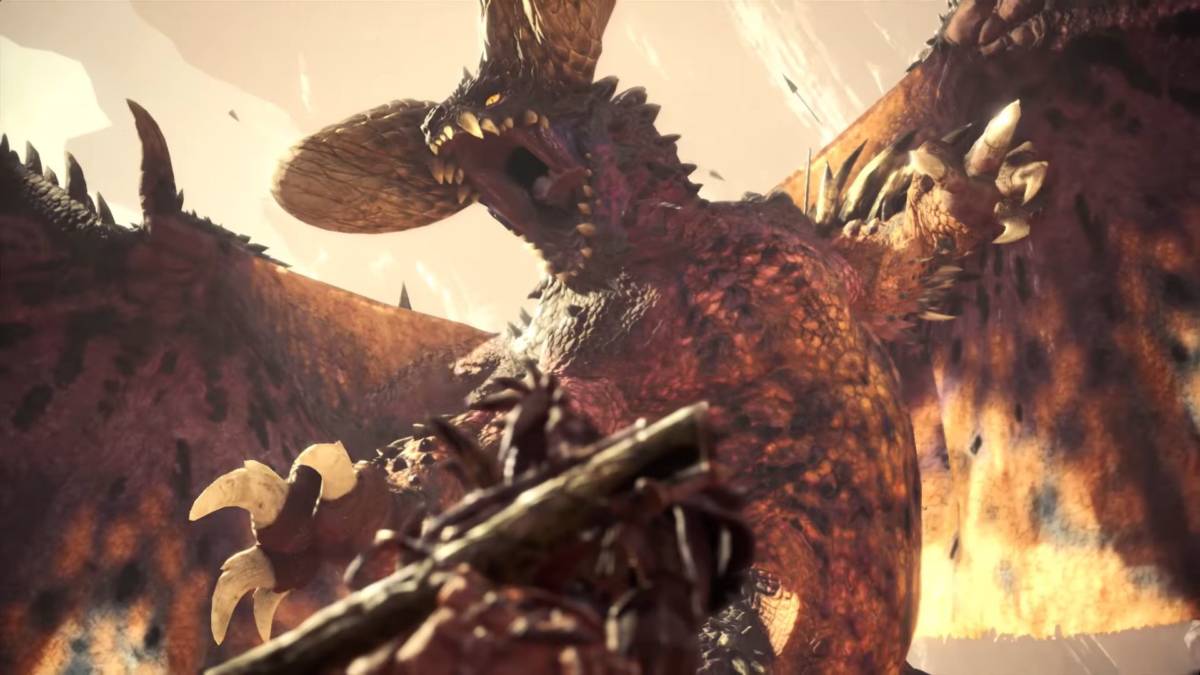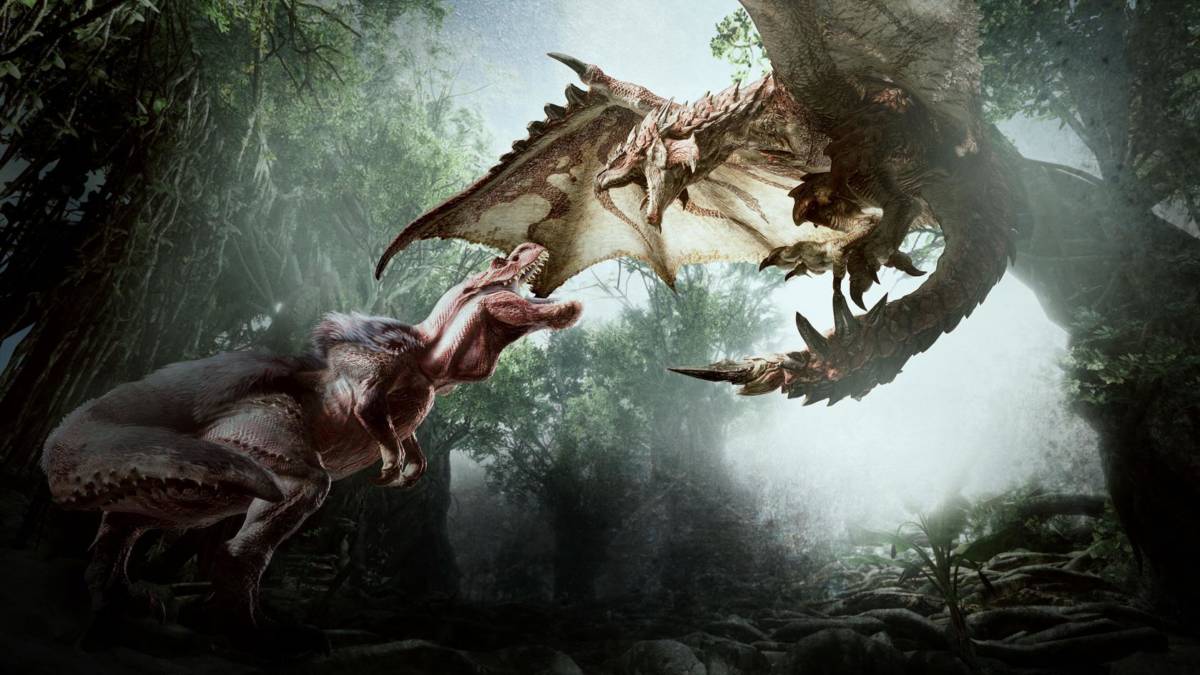Capcom’s back catalogue of games is arguably bigger than most publishers, with the company’s giant library of titles giving the Japanese conglomerate a lot of core pillars to build themselves around. Franchises like Street Fighter, Resident Evil and Devil May Cry have become a staple of the company’s line-up, and while Monster Hunter retained a healthy fanbase, particularly on handheld devices, it hadn’t been given a chance to shine on a huge stage.
January 26th, 2018 saw that change in a big way when Monster Hunter: World launched on PS4 and Xbox One, with a PC release coming later down the line. Again, Monster Hunter had its diehards thanks to the handheld releases, but World was the first time since its debut on the PS2 that the franchise was able to prove its merits on a home console. The results have been game-changing for Capcom, who now have another golden goose on their hands. That success all started with Monster Hunter World.
Functionally, Monster Hunter: World offered little in the way of differences compared to previous games. You were part of a hunting/scientific expedition, and the only way to gather intel on these new monsters that were showing up is to track them and kill them, taking their pelts, scales and other resources to craft stronger weapons and armour. Eventually, you’d even be able to capture the monsters for bigger rewards, which leads to even stronger equipment.

From just reading about the gameplay formula, Monster Hunter: World sounds fairly brainless and formulaic, but it’s like the gaming equivalent of an earworm. Once Monster Hunter: World sinks its claws into you, it refuses to let go, as the pursuit for stronger gear consumes your every thought. Real life, family, friends — all of those things become meaningless when there’s a Azure Rathalos out there that possesses the items you need to make your sword even more powerful.
While the gameplay loop is compelling, the real magic of MH is the hunts themselves. From the moment to moment, emergent gameplay that could see monsters being blindsided by bigger, stronger monsters (thanks to the larger levels and explorable areas that World provided), to the sight of up to four hunters all working together to bring down their mark, there’s no spectacle quite like Monster Hunter. There’s a real “anything can happen” feel throughout each mission, which can turn even the most standard of hunts into anything but.
With the excellent foundations laid in place by the original series of games, Monster Hunter: World brought the series to new eyes, and subsequently, new heights. Now, Monster Hunter can sit proudly among Capcom’s large roster of titles, with follow-up title Monster Hunter Rise now released across all major platforms. Hell, it even matches up with Resident Evil, in the sense that both franchises boast extremely awful movie tie-ins. If that’s not a sign that a franchise has made it, who knows what is? Still, that “success” couldn’t have come without the release of Monster Hunter: World.
READ NEXT: 10 Years Later, the Wii U is Nintendo’s Most Interesting Misstep
Some of the coverage you find on Cultured Vultures contains affiliate links, which provide us with small commissions based on purchases made from visiting our site. We cover gaming news, movie reviews, wrestling and much more.



